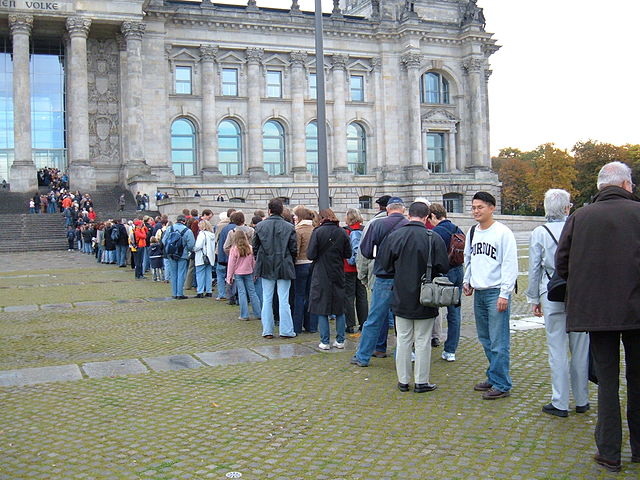Cue vs Queue
Although the words “cue” and “queue” may sound similar, they differ significantly in meaning and spelling. A cue refers to a signal made during a performance, prompting an actor to enter or perform. It can also refer to a long rod used for striking a ball in games like pool or billiards. In contrast, a queue refers to a line of people waiting for something. These two words are known as homophones in the English language, which are words that sound similar but have different meanings. This article will explore these two words and highlight their differences.
Key Takeaways
- Cue refers to a signal for action or a long rod for striking a ball in games like pool or billiards.
- Queue refers to a line of people or vehicles waiting their turn for something.
- Both words are homophones, meaning they sound the same but have different meanings.
What does Cue mean?
The Oxford English Dictionary provides several definitions for the word “cue”, as it has multiple meanings. Some examples include:
– A cue is a signal for action, particularly for an actor to enter or begin their speech. For instance, “At the school play, our drama teacher asked Tim to give a cue to Mary so that she could enter the stage.”
– A cue can also refer to a long rod for striking a ball in billiard, snooker, and pool games. For example, “Can you teach me how to play pool? I don’t even know how to hold the cue.”
– As a verb, “cueing” or “cuing” means giving a cue. Paired with the word “up”, “cue up” implies preparing for something.
What does Queue mean?
A queue is defined as a line of people or vehicles waiting their turn for something. It can also be used as a verb, meaning to wait in line for something. Some examples include:
– “Since it was the final day for exam application submissions, there was a long queue at the examination department office.”
– “I had to wait in the queue for hours before my turn arrived. Even then, the counter had to close for the lunch break.”
– Similarly to “cue up”, “queue up” means to get in line. For instance, “The supervisor asked the employees to queue up to receive their payments.”
What is the difference between Cue and Queue?
- Definitions of Cue and Queue:
- A cue can refer to a signal for action, especially to an actor to enter or begin their speech, or a long rod for striking the ball in snooker.
- A queue refers to a line of people or vehicles waiting their turn for something.
- Homophones: Cue and queue are homophones, meaning they sound the same but have different meanings.
- Verb Form: Both words can be used as verbs. “Cuing” refers to giving a cue, while “queuing” means waiting in line.
- Use with Suffix “up”: Both words can be used with the suffix “up”. “Cue up” denotes preparation, while “queue up” means getting in line.
